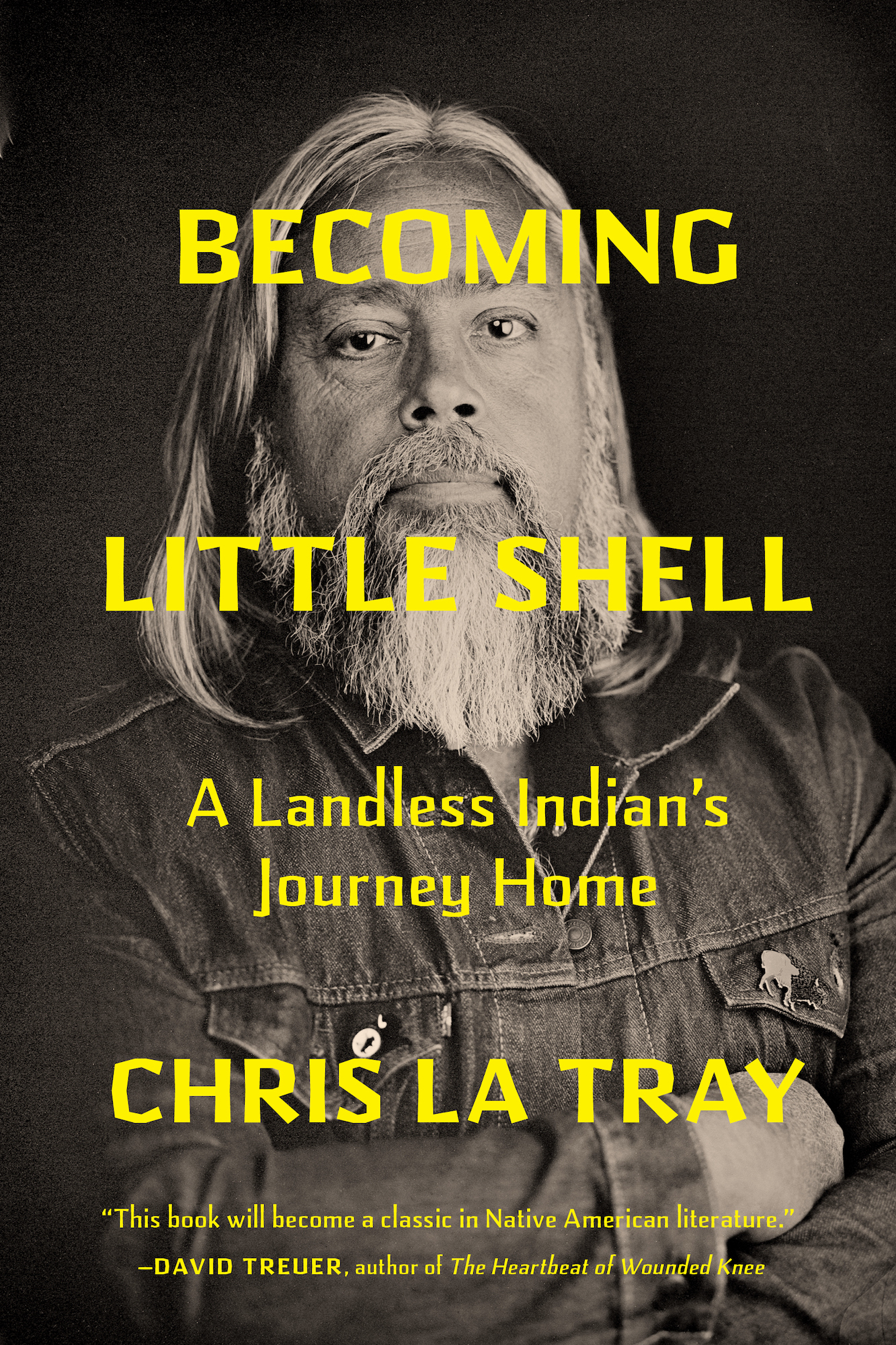What do you think?
Rate this book


320 pages, Hardcover
First published August 20, 2024
i take a breath. i'm part of this, part of them. i wipe the sweat from my brow and take a quick look around me for snakes. then i follow the trail down the slope, across time, through genocide and diaspora, and fear and death and now rebirth, to food, to companionship, and increasingly, to community.chris la tray's becoming little shell is a moving, spirited memoir of self-discovery, governmental violence and betrayal, generational trauma, heritage reclaimed, and cultural (re)connection. la tray, métis storyteller and montana poet laureate, braids personal history and historical accounts into a compelling narrative of identity, legacy, and healing. as he sets out to discover his own indigenous roots, la tray's story broadens from one of self to one of community, leading to his eventual membership in the little shell tribe of chippewa indians and their fight for (long overdue) federal recognition. becoming little shell, like many such accounts, is a bittersweet reckoning with the injurious past, tempered by growth, acknowledgement, resilience, and restoration. la tray writes candidly, with a blunt and blackish humor, and becoming little shell is an emotive, expressive work of past and present.
i'm committed to uncovering the culture of my people. i'm committed to learning as much of the language as i can. i've always loved this land, and i've always loved indian people. the more i dig into it, the more i interact with my indian relatives, the more it blooms in my heart. the more it blooms in my spirit. focusing on this rhetoric over blood and race is a smokescreen to mask the slow roll of continued genocide.